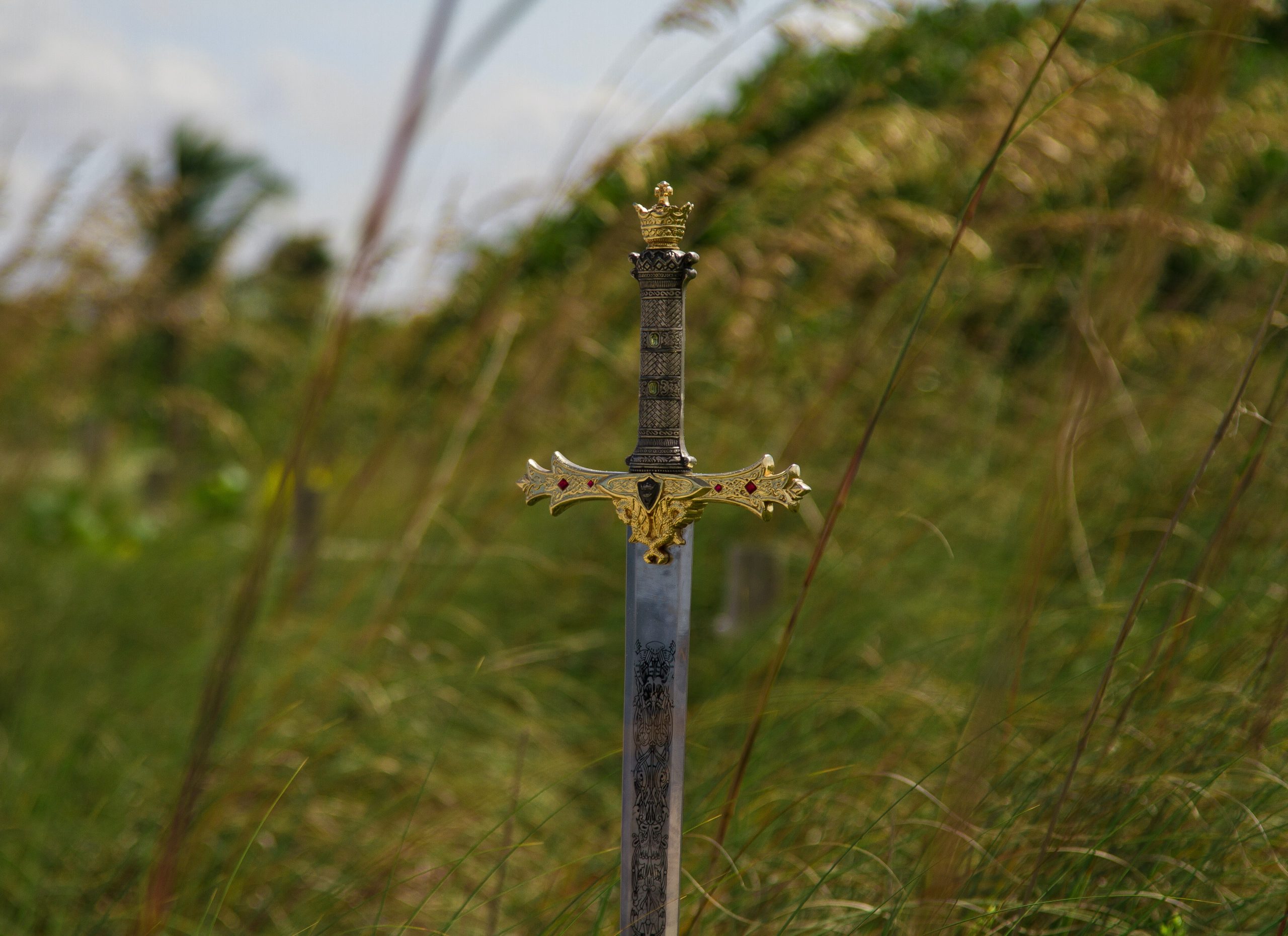The case for single dose HPV vaccination
By Pamela Tom | HPVANDME Founder
A mother brought her children to Mayo Clinic to get the HPV vaccine. She never returned for them to receive the recommended second another dose, recalls Dr. Robert Jacobson, pediatrician and HPV vaccination researcher at Mayo Clinic. Dr. Jacobsen said the mother said that her kids were too busy with soccer games and other activities to complete the vaccine schedule. The CDC currently recommends two or three doses of the HPV vaccine; but single dose HPV vaccination may be the future.
What if a single dose of the HPV vaccine would be enough to reduce HPV infection and cancers? Recent studies indicate a single dose is equally effective. Furthermore, this conclusion goes beyond convenience. In fact, experts found that one-dose HPV vaccination also helps reduce costs and increase the vaccine supply chain.

The Latest Evidence
In April 2022, the World Health Organization’s Strategic Advisory Group of Experts on Immunization (SAGE) “concluded that a single dose of Human Papillomavirus (HPV) vaccine delivers solid protection against HPV …” As a result, SAGE advised that WHO change its recommended vaccination schedule to include a single dose. The recommendation has yet to be adopted universally. Clinicians, health officials, and parents also appear to want more evidence. SAGE recommends:
- one or two-dose schedule for the primary target of girls aged 9-14
- one or two-dose schedule for young women aged 15-20
- Two doses with a 6-month interval for women older than 21.
At “Single-dose vaccination: Challenges and Opportunities”—a webinar sponsored by the International Papillomavirus Society (IPVS)—global experts presented more evidence that one-dose HPV vaccination is effective as cancer protection. Here’s a summary of what was discussed at the November 21, 2022 webinar. (The webinar video is available on YouTube to non-IPVS members through 12/5/2022.)
Randomized Trials in India
Dr. Partha Basu, Head, Early Detection, Prevention & Infections Branch, WHO’s International Agency for Research on Cancer, has been conducting randomized trials in India for both the bivalent and quadrivalent HPV vaccine for more than a decade. In 2009, he began studying one, two, and three dose effectiveness against infection of HPV types 16 and 18. The study is expected to be completed in 2026.
In a modeling study involving the quadrivalent vaccine, Dr. Basu’s results found that one-dose vaccination is not only effective in preventing cancer, it provides added value.
“We found single-dose vaccination to be more efficient than two-dose vaccination, preventing at least 21% more cancer cases per dose,” the authors wrote.
Single Dose: Now Rather Than Later
Dr. Kiesha Prem, Infectious Disease Modeller, London School of Hygiene and Tropical Medicine, studied HPV vaccination within a broader context. Dr. Prem examined nine vaccination strategies and three vaccination allocation algorithms. She found that the one-dose schedule is “among the better performing strategies when supply is constrained.”
The modeling results show that a one-dose recommendation would:
- Accelerate use of the HPV vaccine in countries that have yet to introduce it
- Help facilitate new vaccination programs by making implementation easier and by reducing costs
- Address the potential for supply shortages and delivery challenges, such as those faced during the COVID-19 pandemic
The Economic Impact
Prof. Karen Canfell, Director of the Daffodil Centre, University of Sydney, studies the economic dimension of HPV vaccination by focusing on the so-called three pillars of cervical cancer control: vaccination, screening, and treatment.
- 90% of girls fully vaccinated by age 15
- 70% of women HPV screened at age 35 and 45
- 90% of women identified with pre cancer or cervical cancer treated
“By 2030, delays to all three pillars would cause 163-thousand additional deaths across low, middle-income countries (LMIC),” says Prof. Canfell.
Canfell admits that the world is not on track to meet the WHO’s 2030 global cervical cancer elimination strategy targets; however, she says HPV vaccine supply is improving in the short, medium term. She also notes that when it comes to immunocompromised individuals, including those with HIV, there is limited evidence regarding the efficacy of a single dose in this group.
Don’t Forget Our Boys
In the US, HPV-related oropharyngeal cancer is now the #1 HPV cancer, occurring mostly in men. While the research for one-dose vaccination focuses on reducing cervical cancer, it is important to remember that boys, as well as girls, should be vaccinated against HPV infection. The CDC recommends HPV vaccination for boys and girls at age 11-12, or as early as nine years-old.
